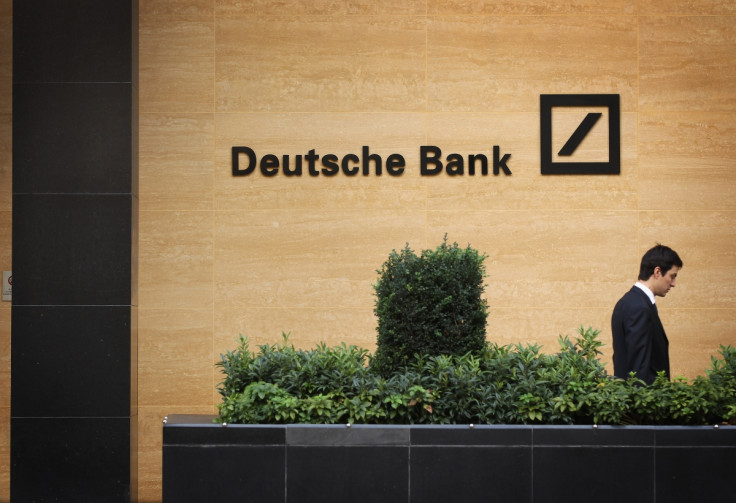Banker bonus tax avoidance - UBS and Deutsche ordered to pay up in 'important victory' for HMRC

Her Majesty's Revenue and Customs has hailed the "important victory" over UBS and Deutsche Bank after the Supreme Court ruled that the companies have to pay tax on their bonuses.
Swiss UBS and German Deutsche Bank paid bonuses in shares via offshore vehicles to avoid national insurance and income tax, said the court. The banks reportedly set up accounts in Jersey and Cayman, through which they paid the bonuses to top managers in London.
"This is an important victory and confirmation from the UK's highest court that tax avoidance is simply unacceptable," HMRC's financial secretary to the Treasury David Gauke said. "The UK is home to some of the world's most successful banks and we have been clear we expect them and their employees to pay their fair share of tax."
The banks had argued there were restrictions placed on the payouts which meant they were not liable for tax. However, the UK's highest court ruled that, in the case of UBS, the restrictions "had no business or commercial rationale beyond tax avoidance."
The bonus pay-out at UBS would depend on whether the FTSE 100 rose by a specified amount during a three-week period, which the Supreme Court said was "completely arbitrary". The judges added that the FTSE 100 move was highly unlikely to occur.
The Deutsche Bank case hinged on an argument whereby the German lender had set up Dark Blue Investment where tax-free shares were cashed in 2004. Deutsche's restrictions were "simpler but equally artificial", the court ruled.
The condition for receiving the shares was that staff would have to avoid being fired and not resign within six weeks of receiving the payout. "The scheme should ... be considered as it was intended to operate, without regard to the possibility that it might not work as planned," the Supreme Court Justices wrote in the ruling.
Business Secretary Sajid Javid who joined the bank in 2000 was a managing director at Deutsche Bank when the Dark Blue Investments scheme was in operation. A spokesman for Mr Javid said: "This is a matter between Deutsche Bank and HMRC. Sajid Javid was paid with all tax deducted already. He received no benefit whatsoever from this scheme and all taxes due have been paid."
© Copyright IBTimes 2024. All rights reserved.









